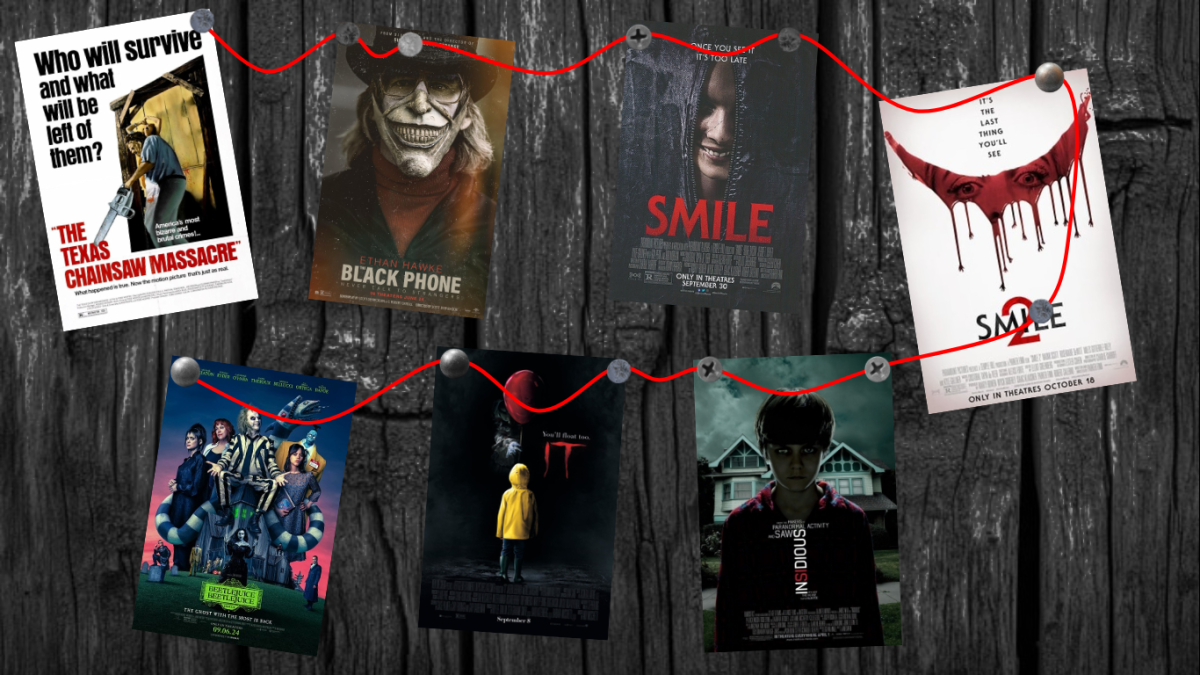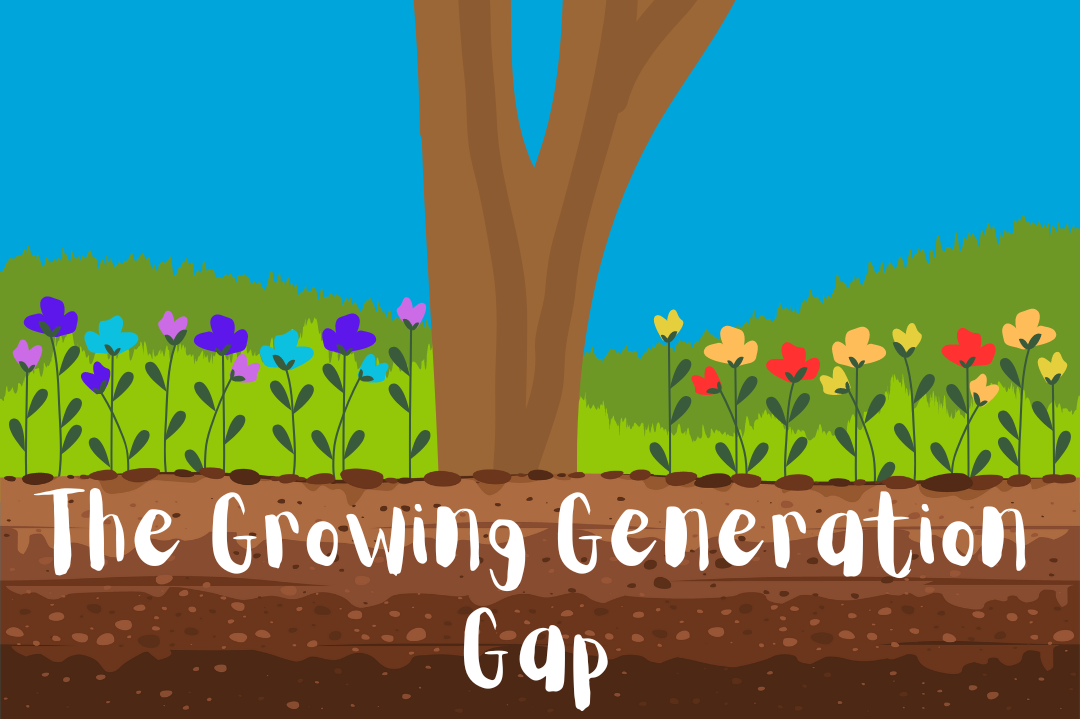Patiently sitting in the back seat of your family’s car, you enjoy the comfortable silence of a long car ride. Suddenly, someone brings up a topic, a current event happening in the world. A civil discussion starts; you and your parents go back and forth about what you think about the event, and everyone brings good points to the discussion. There are some disagreements here and there, but mostly simple differences in opinions.
All is well until someone says something that the rest of the discussers think is wrong, something they believe to be factually incorrect. You point out that their information is different from what you know, and oh no, the civil discussion starts slowly turning into a heated debate. Sides start getting defensive, discussers aren’t listening to new information, and opinions that were once respected are being challenged without fair consideration. That discussion is now a full-blown argument, and after some more time has passed, it’s back to silence –this time deafeningly uncomfortable.
What started as a productive conversation between sides with different opinions being discussed civilly turned into a screaming match because of one thing: misinformation. Misinformation is causing a rift between parents and children, between older and younger generations. Instead of tackling this misinformation, we are allowing a generation gap to take root and thrive off of defensive intolerance against new information provided by each other.

A generation gap is defined by Merriam-Webster as the “difference between opinions, values, etc., between younger people and older people.” This concept can pertain to topics such as politics, immigration, education, religion, and more.
In an example provided by the Pew Research Center, during the first year in office of recent presidents, different generations had varying opinions on the activity and productivity of said presidents; in the linked article, the Pew Research Center states “First-year job approval ratings for Donald Trump and his predecessor, Barack Obama, differ markedly across generations.”
At their core, these differences in perspectives aren’t bad; having different perspectives come together is what evolves family talks, friendly debates, and classroom discussions into something that grants all sides new information to consider, new ideas to formulate, and new connections to grow.
In an academic setting, there are entire resources and studies open to educators on how to create an environment that encourages thoughtful debates amongst students to maximize what they are learning in class.
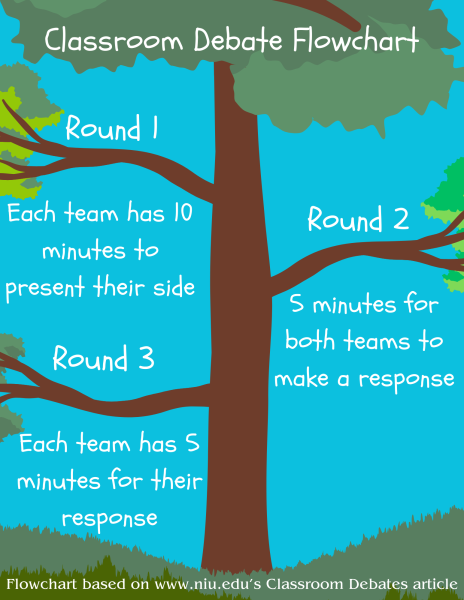
What these discussions in the classroom thrive on is the concept that the facts are actively being learned by each student; it’s unlikely that there’s misinformation present in these classroom discussions when the discussions are based on the material just taught. Age differences won’t matter since every student is aiming to learn the subject at hand.
A generation gap becomes relevant when discussions between family members occur. You, your parents, your grandparents, your aunts and uncles, and your nephews and nieces, all make up a spectrum of different generations present within this one family. Because of this, and as mentioned before, these different generations have different values and opinions. Sources of information and even the credibility of different news sources varies from generation to generation as well.
We always have to question the credibility of the news we’re receiving; and more often than not, our most “reliable” news sources are sometimes where the seeds of misinformation come and grow.

A term you’ll probably hear thrown around when discussing modern publications is “fake news.”
According to the University of Michigan Library, fake news is defined as “news stories that are false: the story itself is fabricated, with no verifiable facts, sources or quotes.” Some examples of fake news include propaganda, clickbait, or articles designed to trick the reader. These fake news articles can be created for a variety of reasons, one of the most common being to trick readers into being outraged at a current event in order to push an agenda. An example would be a publication completely fabricating a scholarly source in order to make their own opinion and agenda seem better.
It’s easy to think only older generations would be the ones fooled by fake news, but this could not be further from the truth. According to a study done at Stanford University and reported on by NPR, in which 7,800 student responses were collected, the researchers found that students showed consistent inconsistency in identifying fake news. “Many assume that because young people are fluent in social media, they are equally savvy about what they find there,” the researchers wrote. “Our work shows the opposite.”
While fake news is prevalent in the modern journalism world, there is another issue that is just as prevalent is the false accusation of fake news: falsely accusing certain news sources or articles of being fake news without proper dissection of the article or research about the topic the article is covering.
Within discussions amongst friends, family, or even between those of two politicians, a practice that has gotten more and more popular over time is to falsely accuse someone of believing fake news without taking the time to read the actual article they are referring to.
Both the concept of fake news and the distrust it grows are what lead people into believing opinions or “facts” that aren’t backed by actual evidence; this difference in opinions and perspectives caused by this fake news is best exemplified in the generation gap that has been growing between the most recent of generations such as between Generation Alpha, Generation Z, Millennials, Generation X, and Boomers.

As mentioned earlier, a difference in opinions is what facilitates genuinely thought-provoking discussions. When learning about new current events, senior Dillon Brooks and his family have discussions about their thoughts, perspectives, and feelings about the news that happened that day. “Me and my family have a pretty tight-knit relationship,” Dillon Brooks said “So we talk a lot about recent issues.”
These discussions with his family can range from recent court trials in the US, events happening within his county, or recently, the war happening within the Gaza Strip.
Dillon Brooks notes that even with age differences between him, his parents, grandparents, and more, his family still shares similar viewpoints and perspectives; meaning the discussions and debates he has with his family almost never get heated. “My brother and my mother do tend to get into more arguments at times,” Dillon Brooks said. “Of course nothing major [besides] some back and forth banter; [they’re just] passionate.”
Dillon’s mother, Minyon Brooks, takes great care in being vigilant about the information she gets from her news. “I have a newsreel that comes on my computer,” Minyon Brooks said. “I customize it to the things that I’m interested in or the things that I think matter.” Minyon Brooks prefers not to follow publications that lean towards one end of the political spectrum or the other; instead, she aims to find outlets that are nonpartisan to get the most unbiased information possible.
Like her son, Minyon Brooks thinks the discussions she has with her family about current events are civil and allow them to fact-check with each other based on what they’ve learned about the event and what their thoughts are.
To Minyon and Dillon Brooks, fake news is an issue within the modern journalism age due to both the presence of social media and the lack of research on the part of those who read the news. In Minyon Brooks’ words, people need to do their homework. “Information is available,” Minyon Brooks said. “And I just think one of the things that causes mistakes and puts people in dangerous situations is to have no knowledge or lack of knowledge.”
Minyon Brooks is upfront about not having a concrete answer when it comes to tackling the issue of fake news. “I think it’s important for the news to be reliable,” Minyon said. “When you use the word regulate, there’s a fine line [as there is] the thing of free speech.”

When thinking about how to tackle the topic that is fake news in the modern world, it’s important to establish what the purpose of news is.
To Minyon Brooks, there are different types of news, such as sports news, which focuses on all manner of sports, entertainment news which covers more lighthearted and non-serious things, and “news” news which is where cold, hard information is what’s important. There’s also the case about what news is more important than other stories. “How are we regulating what’s important news and what’s not?” Minyon Brooks said, “There are beautiful human interest stories that are going on in our country [and] in our community that don’t get reported.”
To me, news that aims to cover events that happen on a community, county, country, or worldwide scale should aim to be as accurate as possible so that we can not have misinformation bleed into our daily lives. As seen with the Brooks family, discussion about current events is integral to their family dynamic and bonding.
Many news sources also outline that their goal is to provide accurate and timely information. The Associated Press (AP) news states “It is our job — more than ever before — to report the news accurately and honestly.” The Loudoun Times Mirror (LTM) defines their organization as “steeped in a long tradition of non-partisan local journalism,” and the Pew Research Center explains, “We conduct public opinion polling, demographic research, content analysis and other data-driven social science research. We do not take policy positions.”
Fully regulating the news (when thinking about America) would lead to violations of First Amendment rights; we as journalists are at the forefront of exercising and advocating these First Amendment rights considering one of the five freedoms is freedom of the press.
The issue of misinformation in news issues can’t be solved by regulation of the publication or outlets that produce the fake news; rather, I believe the solution to tackling fake news starts with us as consumers of news.
Echoing what Minyon Brooks said, doing your research, or “homework,” when it comes to finding what articles are factual and line up with established facts is already important if you want to stay up-to-date about events and issues in a community, country, or global scale; but it’s also important as it hurts the publications that produce fake news.
Publications that produce fake news more often than not have an agenda, and this agenda is usually political. This agenda can also not be pushed if the publication doesn’t have an audience. If we, as consumers of news, take some to find news sources or outlets that are credible, we can leave behind the fake news publications in the dust to be forgotten.
I want to be able to talk to both my generation and different generations of people for their unique insight, vast experience, and different perspectives on current events within the world; but I don’t want these insights, experiences, and perspectives to come from a lens of uncredible, fake news.
A generation gap may seem like the root of the issue, but it goes deeper than that. It’s the issues creating the misinformation gap.

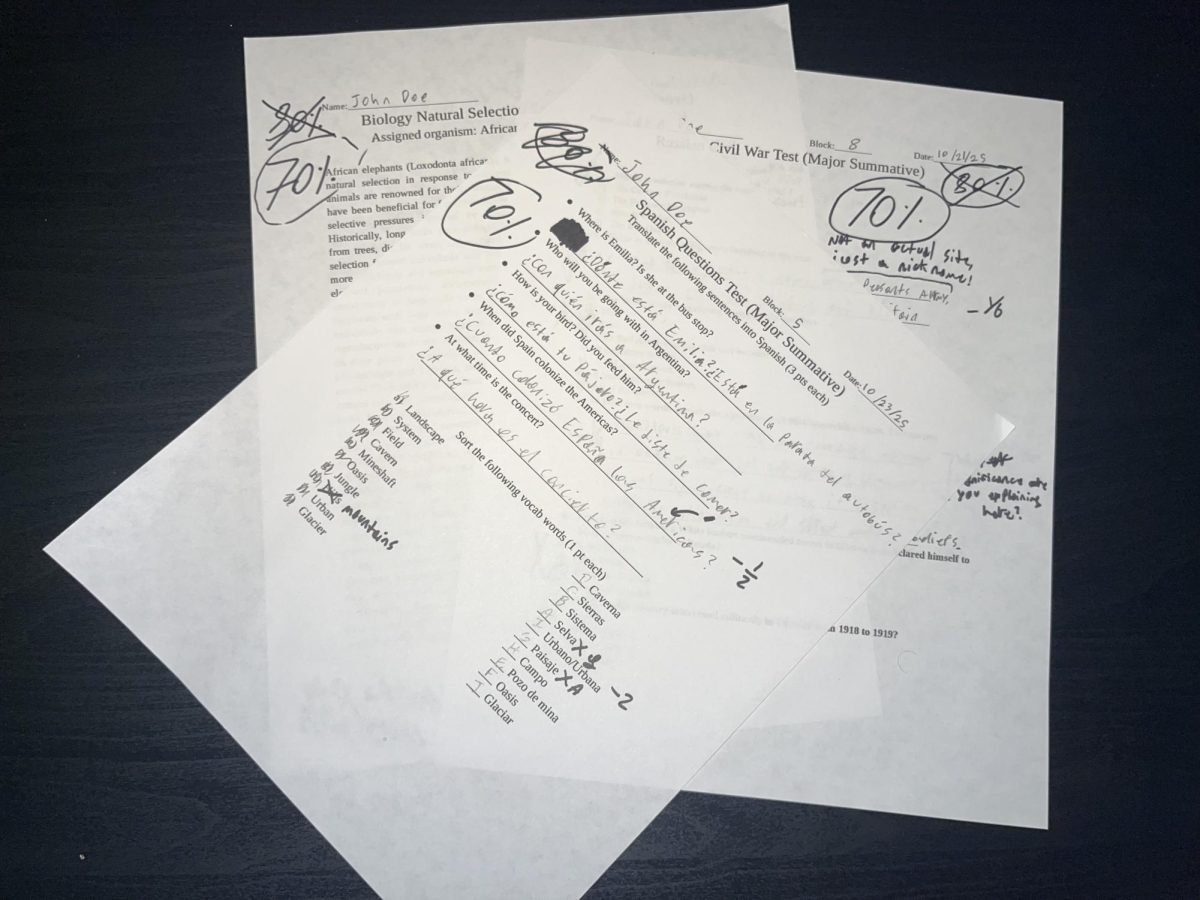
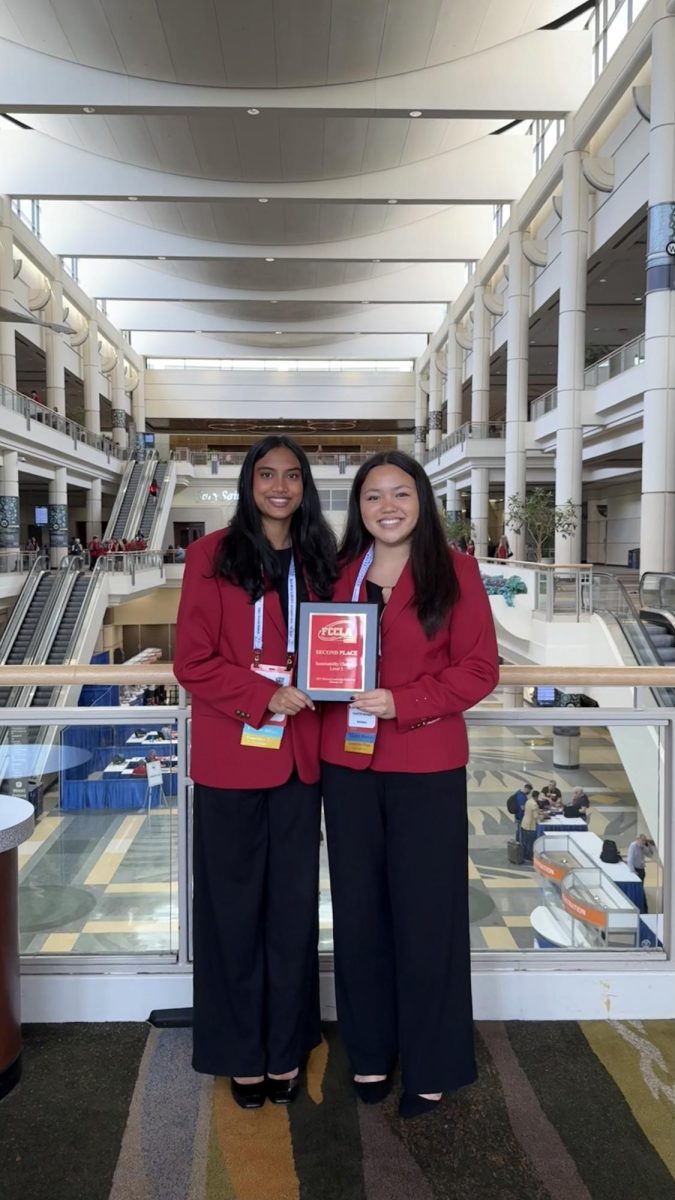



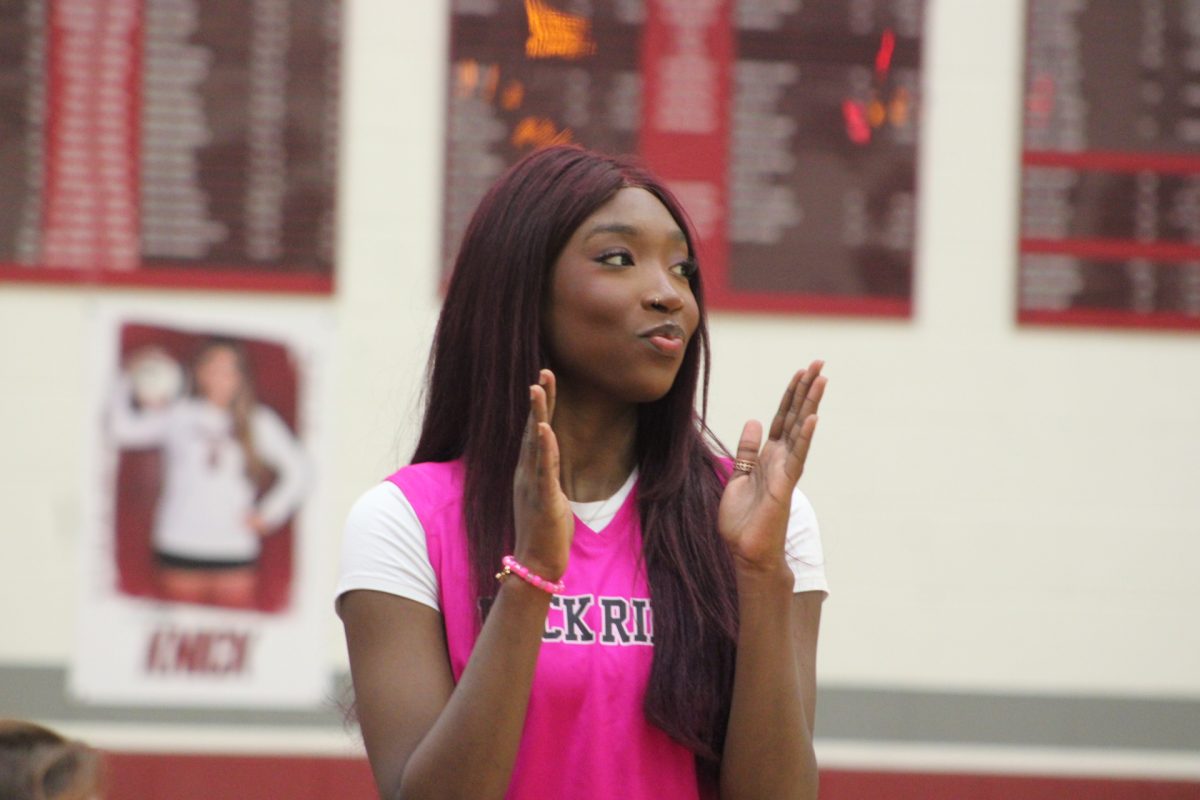
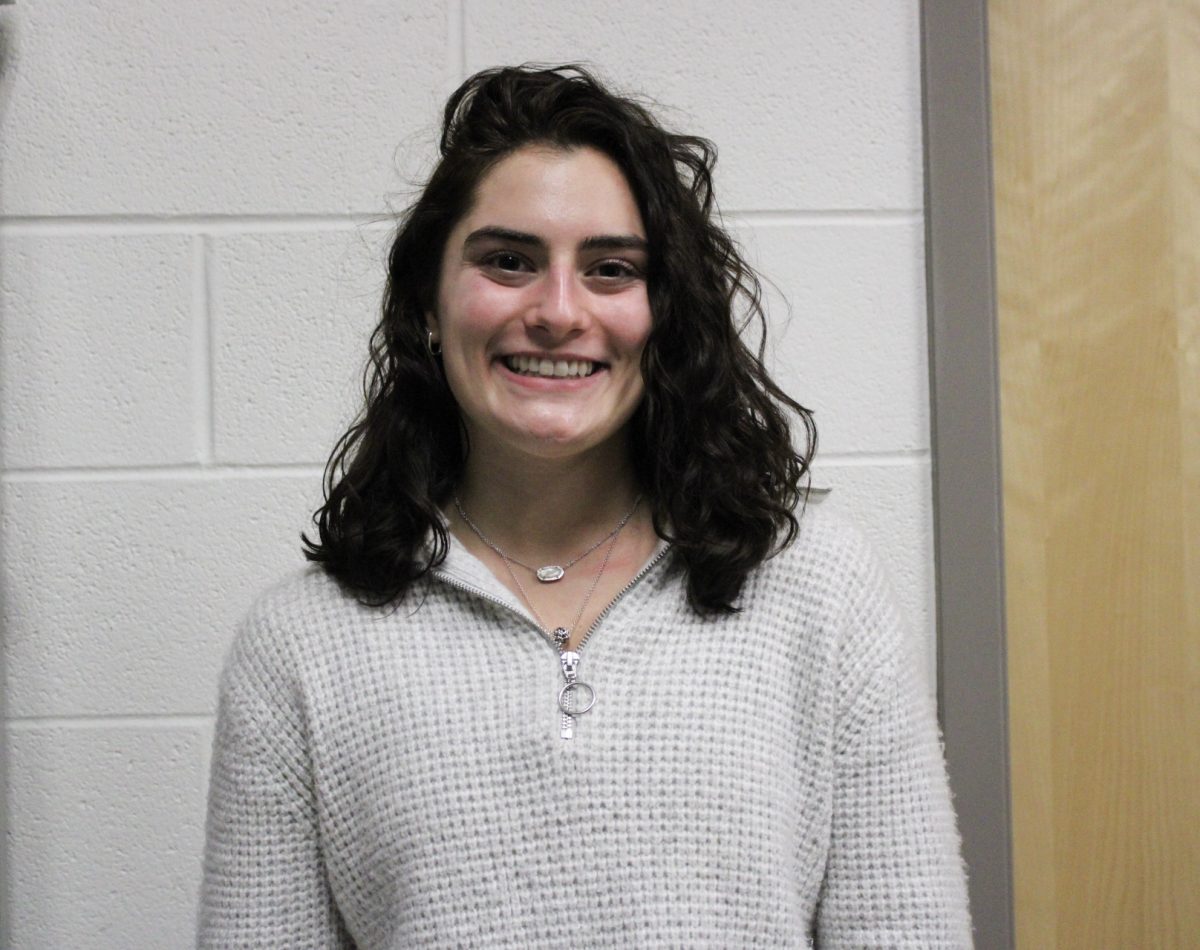







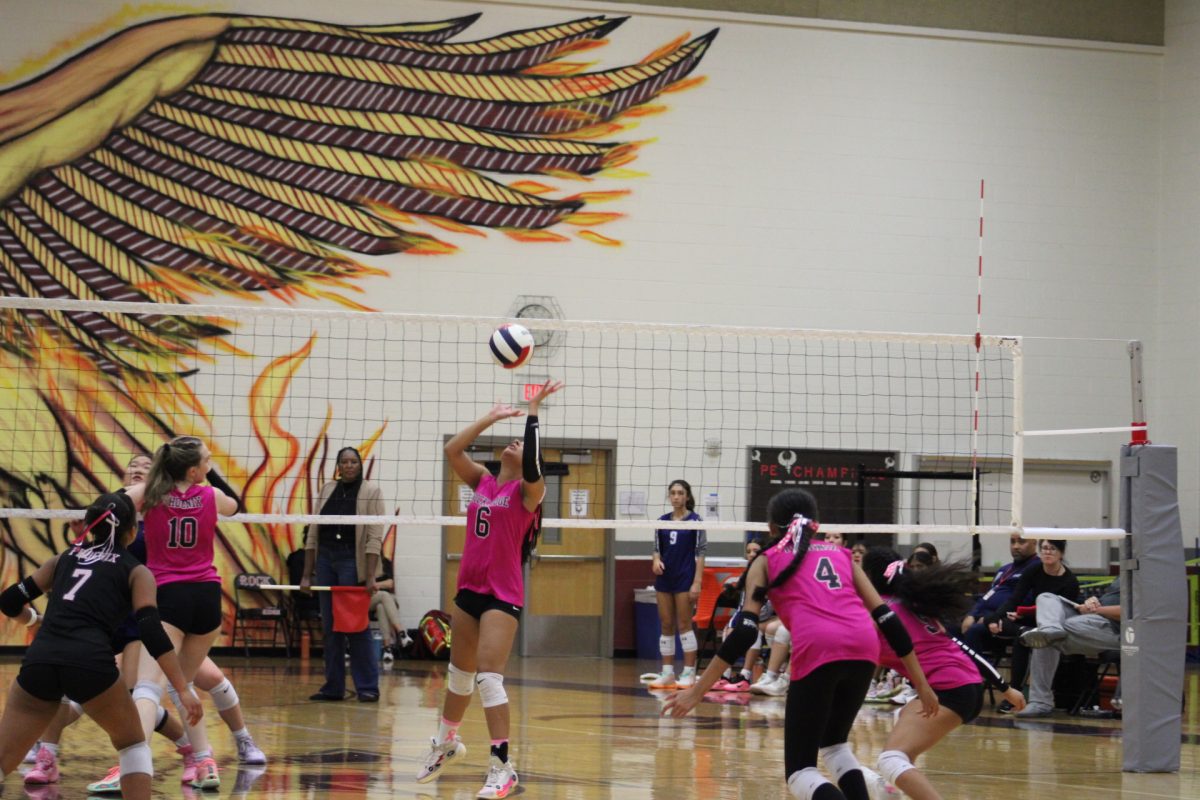








![The Phoenix varsity volleyball team lines up for the national anthem. “We were more communicative [with each other] during this game, and I feel like we kept our energy up, especially after the first set,” senior Jessica Valdov said.](https://theblazerrhs.com/wp-content/uploads/2024/10/DSC_0202-1200x800.jpg)










![Junior Alex Alkhal pitches the ball. “[I] just let it go and keep practicing so we can focus on our goal for the next game to get better as a team,” Alkhal said.](https://theblazerrhs.com/wp-content/uploads/2025/05/DSC_0013-1-1200x929.jpg)


